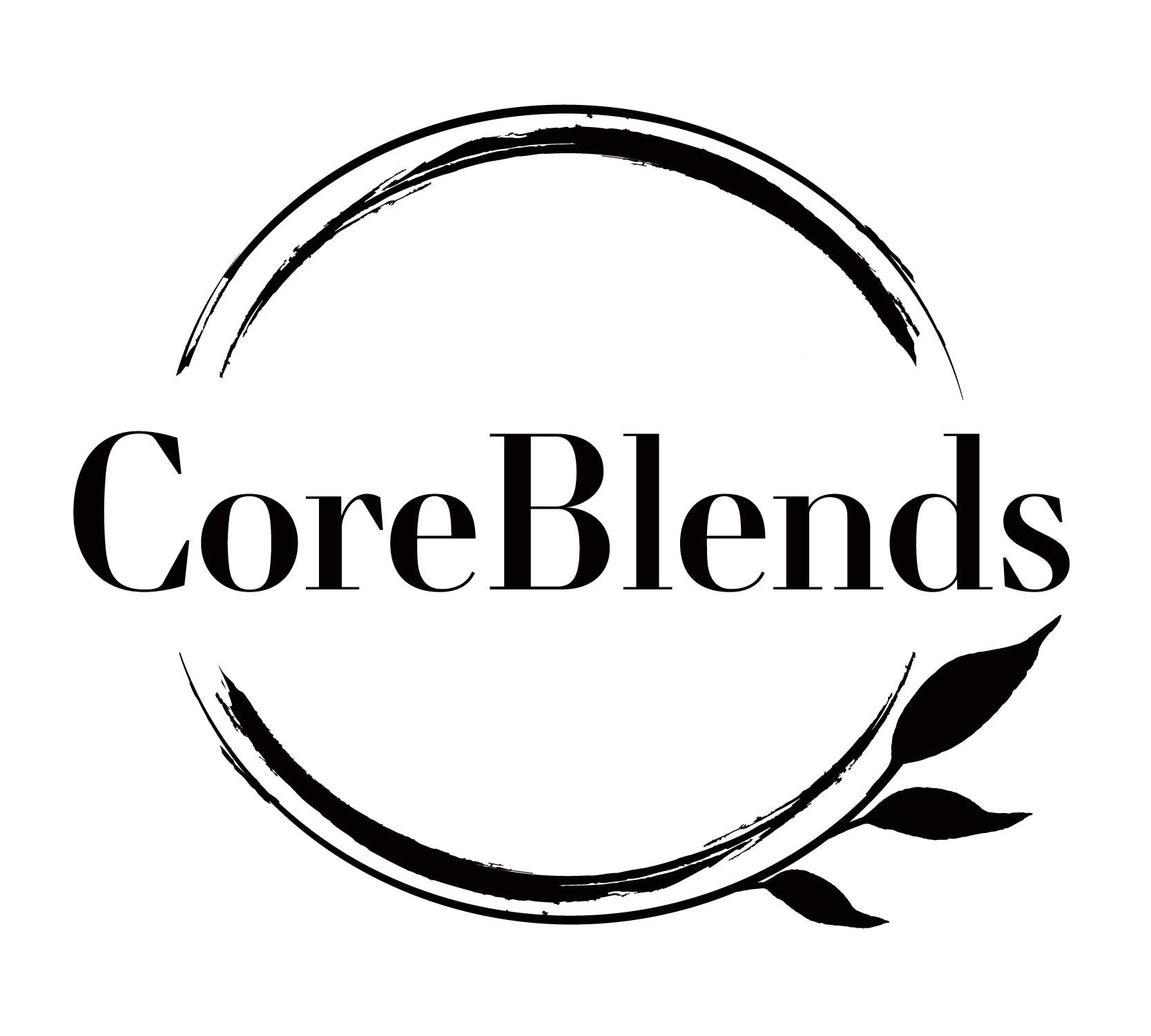Experiencing hair loss or thinning can be deeply personal and distressing, impacting self-image and emotional well-being. This blog explores the causes of hair loss, offers natural remedies, and shares the inspiring journey of Sonia Munro, founder of CoreBlends, in her fight against hormonal hair loss during IVF treatments. It's crucial to identify the underlying cause of hair loss and make necessary changes to address it effectively.
What Causes Hair Loss?
Hair loss affects individuals across all ages due to various factors:
- Genetic Factors: Often manifest as gradual thinning.
- Hormonal Changes: Significant during pregnancy, menopause, or thyroid problems. Sonia Munro’s hormonal fluctuations during IVF highlighted the profound impact these can have.
- Medical Conditions: Including lupus and scalp infections.
- Medications: Used for cancer, arthritis, depression, and more.
- Nutritional Deficiencies: Lack of vital nutrients can impair hair growth.
- Stress: Physical and emotional stress can lead to hair thinning and shedding.
Natural Remedies for Hair Health
Scalp Massage and Hair Oiling

Sonia used her own creation, CoreBlends' organic hair growth oil blend, for scalp massages. Massaging the scalp with natural oils like amla and rosemary, can promote blood circulation and hair growth. Research has shown that rosemary oil can be as effective as minoxidil, a common hair growth treatment, for increasing hair count. Its use in aromatherapy helps to inhibit DHT (the hormone responsible for hair loss), supporting hair growth and scalp health.
Nutrition and Dietary Adjustments
A nutrient-rich diet plays a crucial role in hair health. Focus on including:
- Iron-rich foods: Spinach, lentils, and red meat.
- Protein: Chicken, eggs, and legumes.
- Omega-3 fatty acids: Flaxseeds, walnuts, and fish.
- Vitamins and minerals: Particularly vitamins A, C, D, E, zinc, and selenium.
Supplements
In addition to a balanced diet, certain supplements can bolster hair health:
- Vitamin D: A deficiency in vitamin D has been linked to alopecia areata and may play a role in the hair growth cycle.
- Zinc: Essential for protein synthesis and cell division, two processes critical for hair growth.
- Biotin: Often recommended for hair growth, biotin's benefits are more noticeable in those with deficiencies.
- Saw Palmetto: Some studies suggest that it may prevent the conversion of testosterone into DHT, a molecule associated with hair loss.
Stress Management
Breathing techniques, meditation, and yoga can reduce stress, benefiting overall hair health. Sonia’s incorporation of breathing techniques helped manage her stress and contributed to her hair recovery.
Witnessing Change

Through her dedication to these natural remedies and lifestyle changes, Sonia observed significant improvements in hair thickness and overall health within six months, with sustained progress over the year. To this day, Sonia continues to use the CoreBlends organic hair growth oil blend, maintaining her hair's health and vitality.
The Importance of Consistency and Patience in Hair Care
Achieving and maintaining hair health is a long-term commitment. Just as hair loss and thinning develop over time, restoring hair health requires persistent, good habits and a consistent routine. All too often, people give up on natural remedies because they're looking for a quick fix. It's crucial to understand that hair recovery takes time and dedication.
Natural Remedies During Pregnancy and Postpartum
For those going through pregnancy or postpartum, choosing natural remedies without harsh chemicals is especially important. These remedies are gentler and safer during these sensitive periods, reducing the risk of adverse reactions while still providing the necessary support for hair health.
Identifying and Addressing the Root Cause
Identifying the underlying cause of your hair loss is essential to effectively address the issue. Whether it’s hormonal, nutritional, stress-related, or due to medication, understanding the root cause allows you to make informed decisions about the best treatment approach and lifestyle adjustments.
Can You Prevent Hair Loss?

While genetic hair loss may be inevitable, lifestyle changes can mitigate or delay other types of hair loss. Incorporating gentle hair care practices like oiling and scalp massages early in life, alongside a nutritious diet and stress management, can significantly enhance hair health.
In conclusion, addressing hair loss effectively requires a multifaceted approach that includes dietary improvements, natural remedies, and stress reduction. Sonia Munro’s journey is a testament to the efficacy of a holistic approach to hair health. Starting gentle hair care practices early can make a significant difference in maintaining lush, healthy hair throughout life. Remember, the path to better hair health is a journey of persistence and patience, and it's important to consult healthcare professionals for personalized advice tailored to your specific needs.

